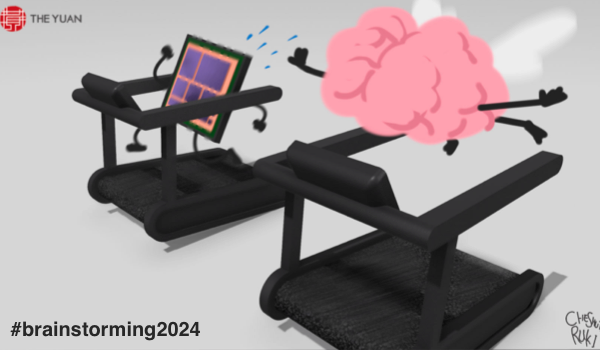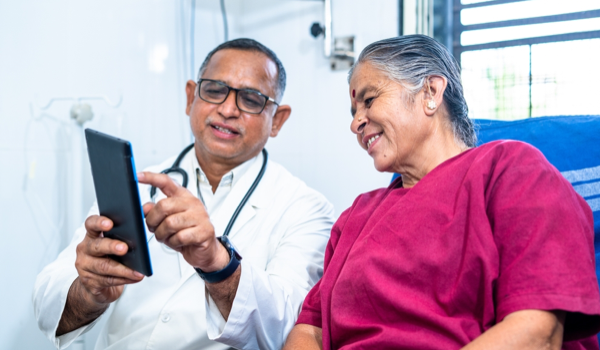

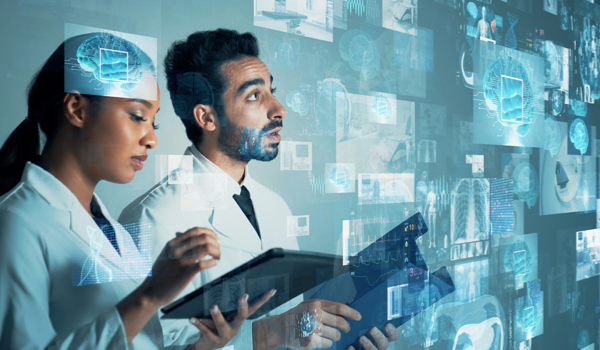
MONTREAL - In 2016, Prof Geoffrey Hinton - one of the so-called ‘godfathers of artificial intelligence (AI)’ - said: "We should stop training radiologists now, it's just completely obvious within five years deep learning is going to do better than radiologists."1 However, the situation has changed a great deal since then, so much so that in May 2023, another of the godfathers of AI - Prof Yann LeCun - felt compelled to make the following tweet: “I love and admire Geoff, but we knew then, and we know now, that he was wrong. AI *is* taking over radiology (albeit slowly) but he was wrong to say that we should stop training radiologists. AI is transforming the profession, not replacing it.”2 However, soon after, Hinton doubled down on his earlier prediction by saying that although he was mistaken to believe this would happen in five years, his only error was that he should have predicted 10 years instead.3
How could two Turing Award recipients have such contrasting points of view? Several meta studies have showed that although machine learning (ML) is increasingly used in radiology, no autonomous solutions can be fully trusted yet.4 This means that LeCun is right, in a way. However, could it be that Hinton is also right and that radiologists are still at risk of losing their jobs in the not-too-distant future? Many AI experts would argue that AI is here to help humans do their job better, not to replace them. I would even argue that it is highly unlikely that Hinton’s prophecy will be fulfilled if we solely consider ML. In fact, ML's reliance on data is both its strength and also its weakness.
For ML to work, there must be lots of high-quality data on which to train systems - and even then, there is still no guarantee that they will perform well. One of the reasons for this is that ML is overly dependent on data and does not explicitly incorporate domain or field knowledge. Radio
The content herein is subject to copyright by The Yuan. All rights reserved. The content of the services is owned or licensed to The Yuan. Such content from The Yuan may be shared and reprinted but must clearly identify The Yuan as its original source. Content from a third-party copyright holder identified in the copyright notice contained in such third party’s content appearing in The Yuan must likewise be clearly labeled as such. Continue with Linkedin
Continue with Linkedin
 Continue with Google
Continue with Google
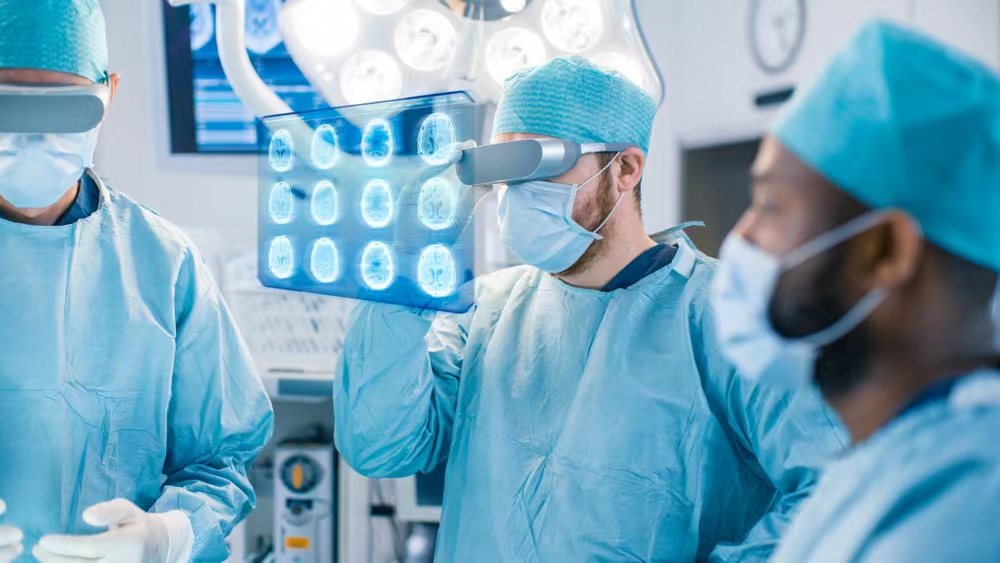
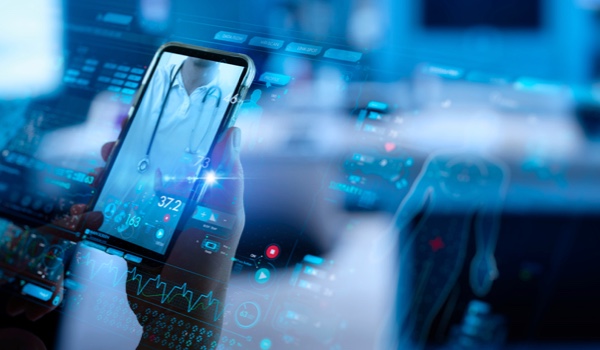

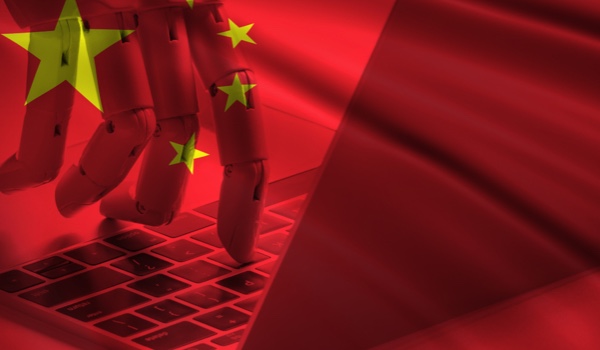







 1168 views
1168 views
